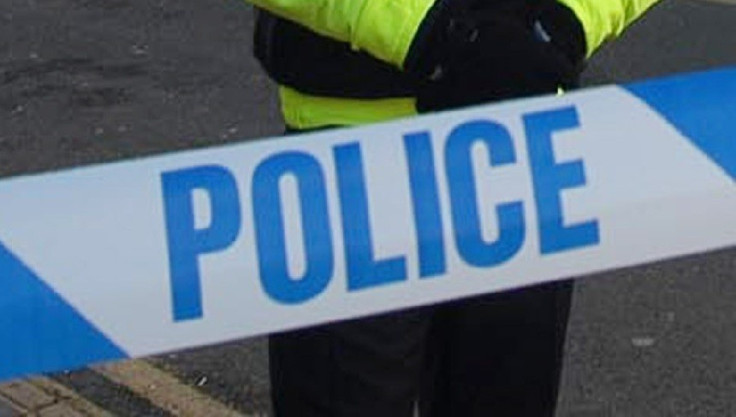Lambeth Female Slaves: Suspect Couple Arrested Before

Police have confirmed two people arrested on suspicion of keeping three woman as slaves at a house in south London for 30 years were previously arrested in the 1970s.
The couple, both 67 and believed to be married, were arrested on suspicion of being involved in forced labour and domestic servitude and immigration offences. They have been bailed until January.
Scotland Yard confirmed the two suspects, who are not British but have lived in the country for "many years", were arrested at some point in the 1970s but did not specify on the nature of their arrest.
The three women rescued from the house in Lambeth, a 69-year-old Malaysian, a 57-year-old from Ireland and a 30-year-old British woman, are currently in a safe house.
Police said the victims were deeply traumatised and believed that the youngest had lived in the property for her entire life with no contact with the outside world.
Police said that while there is no evidence the women were sexually abused, they do believe they were beaten at the property. They are not thought to have been victims of human trafficking.
Police warned that they expect the investigation to take a "considerable" amount of time as they are currently "unpicking a story that spans at least 30 years".
Cmmdr Steve Rodhouse said: "This does mean that over the course of many decades the people at the heart of this investigation, and the victims, would probably have come into contact with public services, including our own. That's something we need to examine fully."
Rodhouse also said police must investigate how the "invisible handcuffs" kept the women inside the home for decades.
"It is not as brutally obvious as women being physically restrained inside an address and not being allowed to leave," he said, adding that labelling the investigation as as domestic servitude or forced labour is "far too simplistic".
The house the three women escaped from was subject to a 12-hour search, with 55 bags of evidence containing 2,500 exhibits seized. The Met's entire 37-person specialist team is now working on the case.
Det insp Kevin Hyland, from the Met's Human Trafficking Unit (HTU), said: "Specially trained officers are working with the women to try and understand their lives, and what has taken place over the course of the last 30 years. This may take weeks and many months. The HTU have had a great deal of experience in obtaining accounts from victims who have suffered physical, sexual and emotional abuse. The very process of explaining what has happened to them is in itself a very traumatising experience.
"From the outset of us receiving the information the well-being of those women has been our priority, and they continue to be in the care of a specialist non-governmental organisation.
"Whilst we do not believe that they have been subjected to sexual abuse, we know that there has been physical abuse, described as beatings - however there is nothing to suggest that the suspects were violent towards others outside of the address.
"At this very early stage we do not believe that this investigation is linked to any other groups, and whilst it is too soon to be categoric we do not believe we are looking for other victims.
"I stress this is what we know now, and as our investigation moves on that may change.
© Copyright IBTimes 2025. All rights reserved.






















